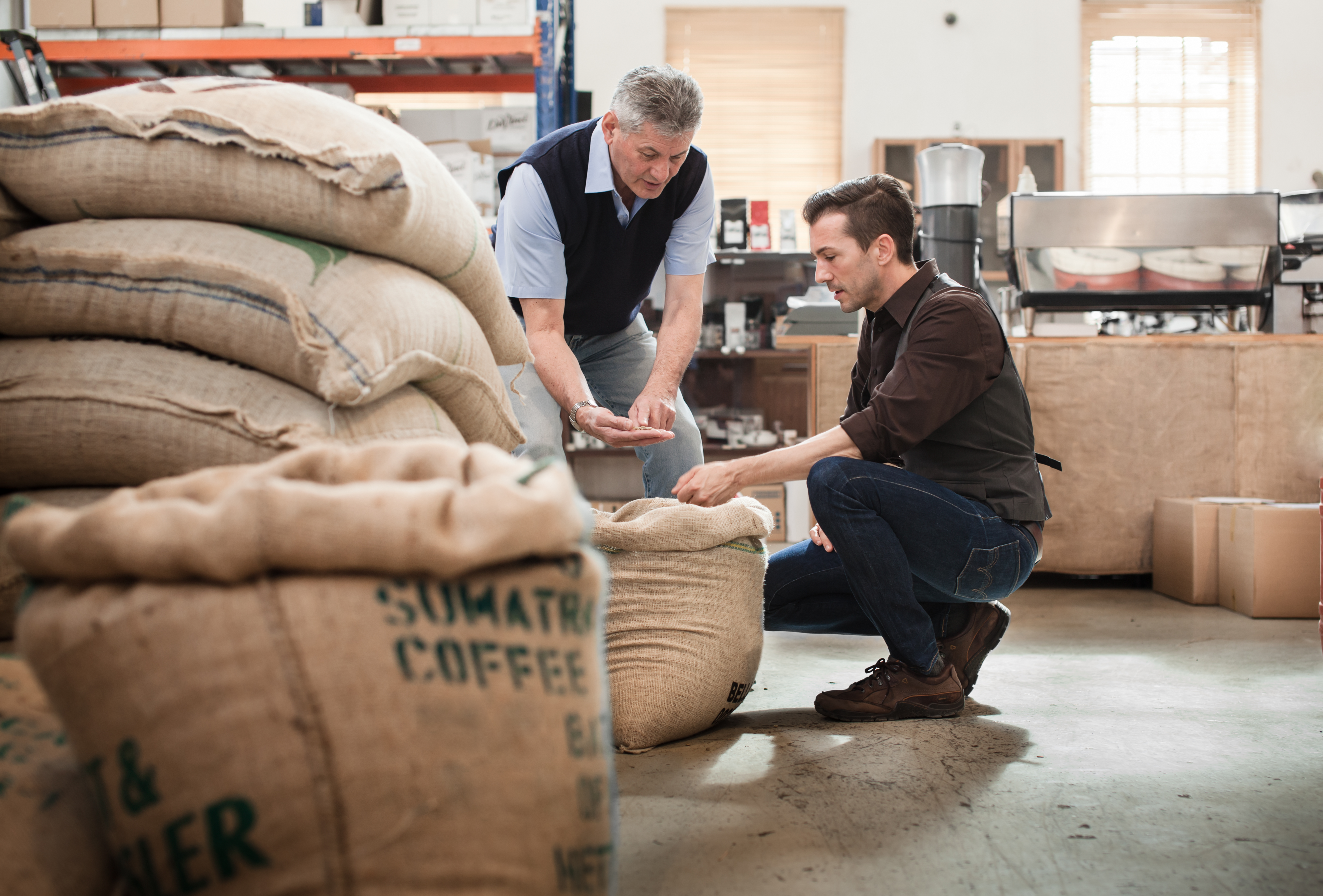Primaire inhoud van de pagina
I want to supply goods or services to foreign companies: request a CBE extract!

Which extract do I need?
That depends on the legalisation treaty our country has with the country you want to do business with. The treaty contains the agreements on how countries accept each other's official documents. These may differ significantly from each other, and may therefore require a different extract. There are two possibilities: either an ordinary CBE extract will suffice, or you will need additional identification.
An ordinary CBE extract is sufficient
For certain countries, no additional legalisation or Apostille is required. These are Denmark, Germany, France, Ireland, Italy, Latvia and Estonia. If you want to do business in one of these countries, an ordinary CBE extract is sufficient.
An ordinary CBC extract is not sufficient
A large number of countries signed the Hague Apostille Convention on 5 October 1961. If you want to do business in one of these countries, you will need an additional legalisation of your CBC extract in the form of an Apostille stamp. You must purchase this extra when you apply for your CBC extract. Click here to find out which countries are concerned.
What if you want to do business in a country that is not a party to the Hague Apostille Convention? Then you will need a second additional legalisation, in addition to the Apostille stamp. To do so, your CBC extract must go to the embassy or consulate of the country of destination where it will receive this additional legalisation.
Icounter makes it easy for you, we determine which extract you need based on the country